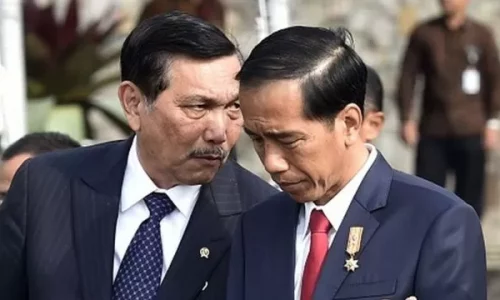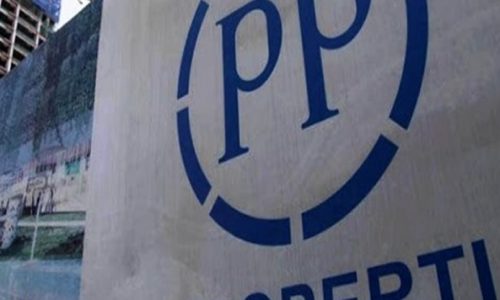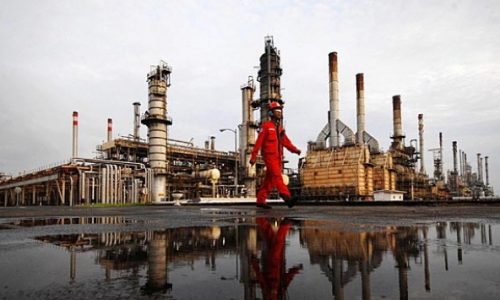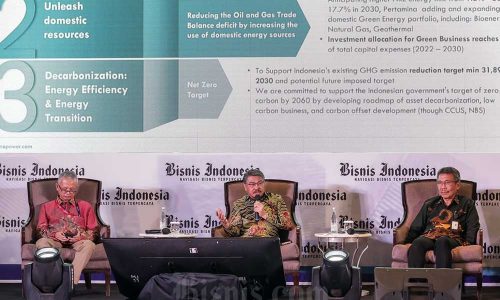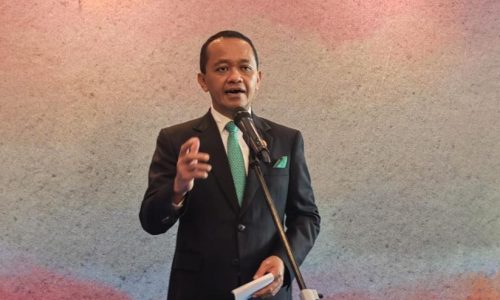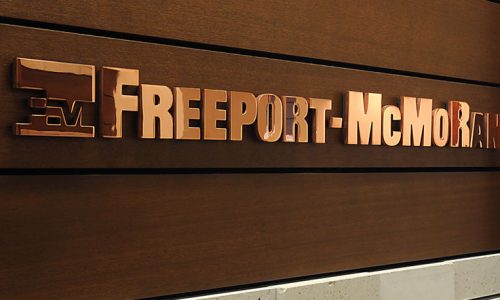China has dominated Indonesia’s nickel industry, according to a lawmaker and an observer. A member of the House of Representatives’ Commission VII overseeing energy and mineral resources and industry, Zulfikar Hamonangan, probed Minister of Energy and Mineral Resource Arifin Tasrif in a hearing that 90% of nickel mines in Indonesia was under China’s control.
The lawmaker emphasized that the country should not be overconfident in its dream to become the world’s number one lithium battery producer. He stated the ban on raw minerals export showed that Indonesia has exported abundant nickel. According to him, China has bagged around IDR 450 trillion a year from the production of Indonesian nickel.
“China controlled around 90% of nickel industry in Indonesia. And China receives 30% of tax exemption [from nickel export from Indonesia], whether it is true or not. It is a bizarre policy, considering that local people have been displaced and their [local companies’] permits were revoked,” Hamonangan said during the hearing.
Chinese smelting investors
Indonesian Resources Study (IRESS) Executive Director Marwan Batubara agreed that Chinese investors and companies controlled 90% of Indonesia’s nickel industry while Indonesian firms only played a complementary role.
“The dominant players are Chinese investors and companies. They did not only fund the industry but also bring in workers from China,” he said.
According to data from the Ministry of Investment/Investment Coordinating Board (BKPM), there are 14 nickels smelters in Indonesia. Although the smelters companies are Indonesian legal entities, the majority shareholders and investors are Chinese.
In 2017, for example, Tsingshan Holding Group invested US$ 2.8 billion to build a high capacity ferronickel smelter plant with an annual production capacity of 2 million tons of stainless steel. Two years later, Tsingshan worked with PT Vale Indonesia Tbk to build a US$ 700 million battery grade nickel plant with annual nickel production capacity of 50,000 tons.
Another Chinese investor is Zhejiang Huayou Cobalt. In 2019, Huayou cooperated with state mining firm PT Aneka Tambang Tbk and Shandong Xinhai to develop nickel projects that required an investment of between US$ 6 billion and US$ 12 billion.
According to data from the SSEK Indonesian Legal Consultant, there are other Chinese nickel smelter investors such as China National Machinery Import, China Wanxiang, Fujian Pan-Chinese Mining Co.Ltd, Jiangsu Delong Nickel Ind.Co.Ltd, and China Huadi Nickel Alloy.
Export ban policy backfires for local firms
There are many domestic mining companies from the downstream or nickel mining production. However, local miners are banned to export nickel ores. Since the miners have no fund to build smelters, they had to sell their nickels ores to Chinese controlled smelters with low prices.
Economist Faisal Basri of the University of Indonesia (UI) said currently there were 330 nickel ores mining companies. These companies, he said, had no other choice than to sell the ores to smelter companies through traders that were appointed by smelters companies.
“The smelter companies also appointed surveyors who carry out verification services for them,” he explained.
Batubara said China consequently enjoyed most of the added value of Indonesia nickel downstream industry development. “Nickel intermediate products, produced by the smelters in Indonesia, would be processed in China. Thus, China enjoys the much bigger added value,” he explained.
Indonesia spoils Chinese investors
Batubara criticized the government for spoiling Chinese companies with too many facilities and incentives. For example, the government does not impose import tax for companies that built smelters. The investors are also awarded with 20 years tax holidays.
“If we talked about import tax, the imported goods and technology should be taxed. But the import tax obligation has been abolished. If we talked about the state income from industry in any country, it is an opportunity for the state to impose tax,” he added.
According to Batubara, the governments in other mineral rich countries like Australia and Chile do not recognize incentives like tax holidays and free of import tax for investors. They realize that the minerals, such as nickel, are not renewable resources. Miners and smelter companies have no other option than building their operational bases in mineral rich countries.
Conflict of interest
A former official at the energy ministry said some Indonesian politicians received payment and campaign funding from Chinese smelting companies. As a result, the government issued policies that benefit the interests of these Chinese moneybags, said the official, who requested anonymity.
Batubara said there was a possibility that Chinese smelter investors financed some Indonesian politicians. However, he has no evidence on the payment. The Supreme Audit Agency (BPK) and the House have collaborated in auditing the whole nickel industry and abolish fiscal incentive for non renewable natural resources, he added.
Jodi Mahardi, spokesman of the Coordinating Ministry for Maritime Affairs and Investment, did not respond to Indonesia Business Post‘s request for comments on Chinese businesses’ domination and incentives.



